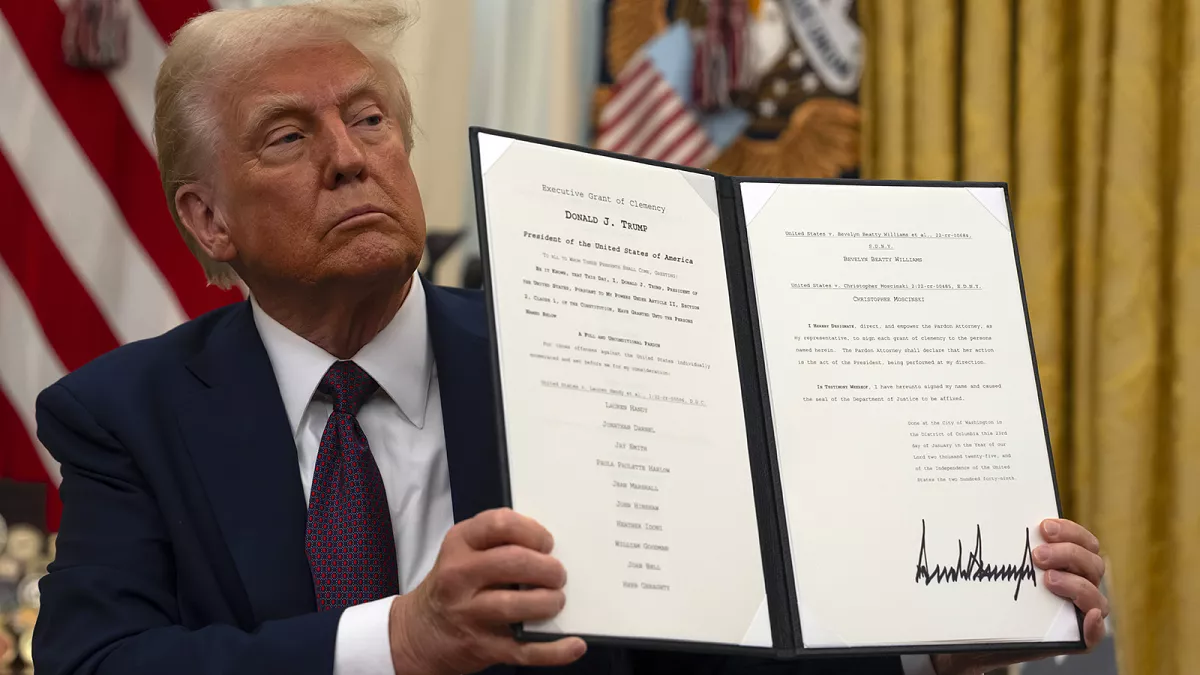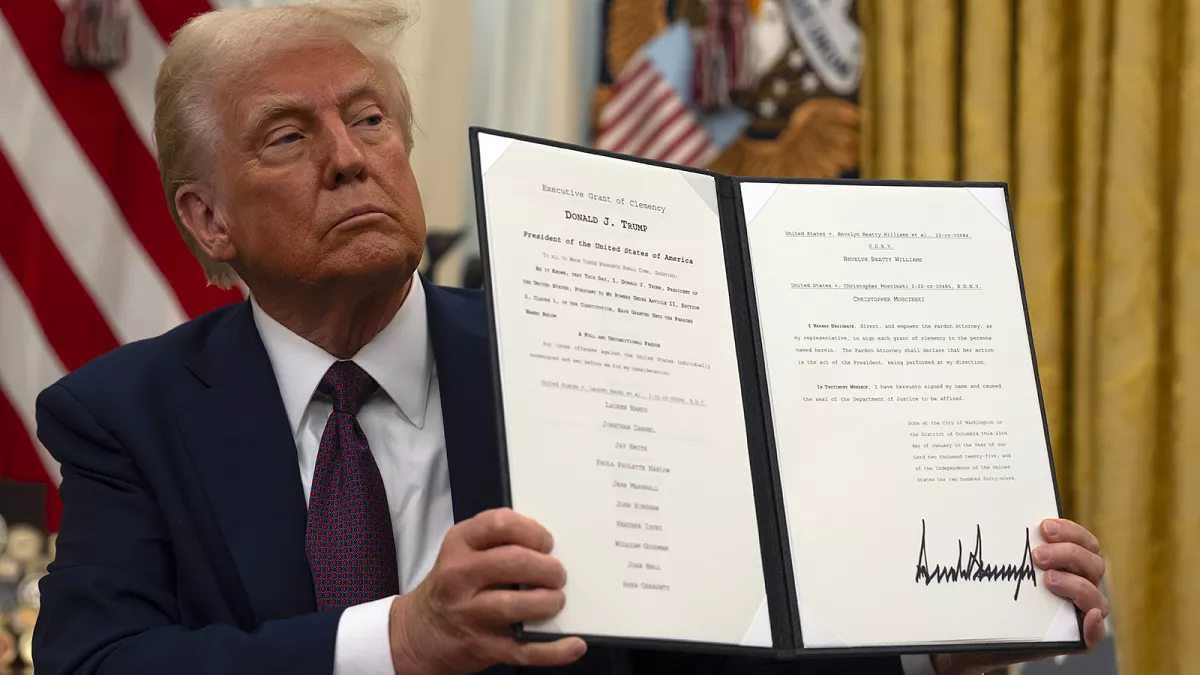In a significant legal rebuke, a federal judge has issued an injunction against former President Donald Trump’s directive aimed at curtailing birthright citizenship in the United States—an executive action that has stirred constitutional debates and political tensions.
On Wednesday, District Judge Deborah Boardman ruled that the directive, set to take effect on February 19, could not be enforced, citing fundamental conflicts with long-standing constitutional protections. This ruling delivers a substantial setback to Trump’s efforts to reinterpret the Fourteenth Amendment, which has guaranteed citizenship by birthright for over a century.
“The deprivation of an inherent and constitutionally enshrined right to citizenship would inflict irrevocable harm,” Judge Boardman asserted during proceedings in a Maryland courtroom. She emphasized that Supreme Court precedent firmly upholds birthright citizenship and found Trump’s executive order to be in direct opposition to the explicit wording of the Fourteenth Amendment.
“No judicial body within the nation has ever validated the president’s reinterpretation,” she stated unequivocally. “This court shall not be the first to do so.”
The ruling indefinitely extends a prior 14-day stay on the order’s enforcement, which had been issued in January by a federal judge in Washington state. In that case, U.S. District Judge John Coughenour denounced Trump’s directive as “overtly unconstitutional.” Nonetheless, Trump swiftly responded to reporters, vowing to challenge the ruling through an appeal.
Birthright citizenship is cemented within the Fourteenth Amendment of the U.S. Constitution, which unequivocally declares that individuals born on American soil are citizens of the nation. Trump’s order contended that individuals who are in the country unlawfully or on temporary visas do not fall within the scope of those “subject to the jurisdiction” of the United States and, therefore, should be excluded from automatic citizenship.
Critics argue that the amendment’s provisions were deliberately crafted and have remained settled law since their ratification in 1868, in the aftermath of the Civil War. Legal scholars and civil rights advocates have consistently referenced an 1898 U.S. Supreme Court case—*United States v. Wong Kim Ark*—in which the justices ruled that a Chinese-American man, denied reentry into the country based on claims that he was not a citizen, was in fact entitled to birthright citizenship. The court affirmed that children born within the U.S., regardless of their parents’ immigration status, cannot be denied this fundamental right.
The legal battle over Trump’s executive order is now poised to escalate, as the former president and his legal team prepare to mount an appeal. The upcoming judicial decisions will not only shape the future of birthright citizenship but may also redefine the scope of executive power in relation to constitutional rights.




